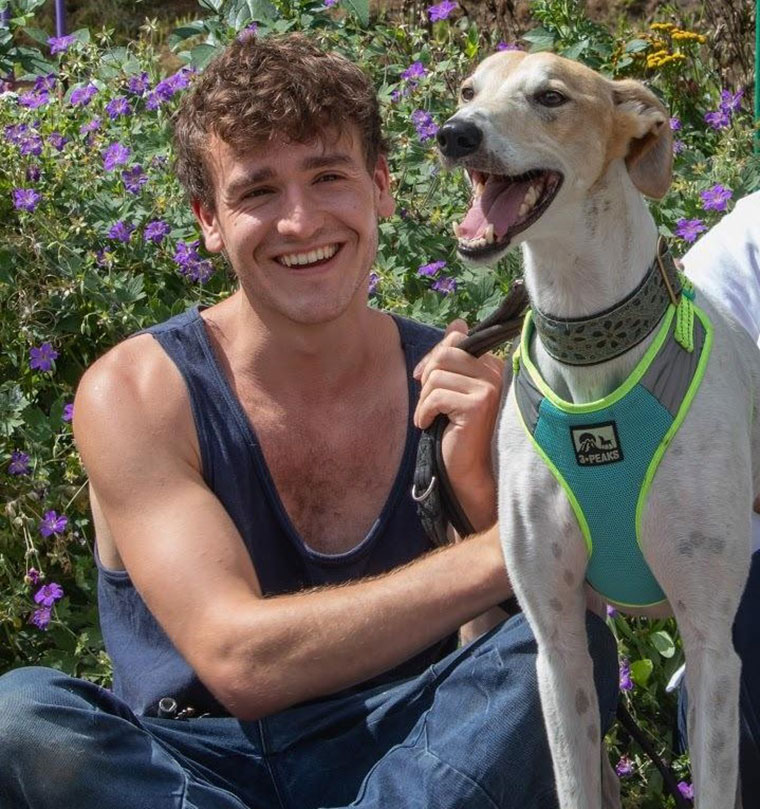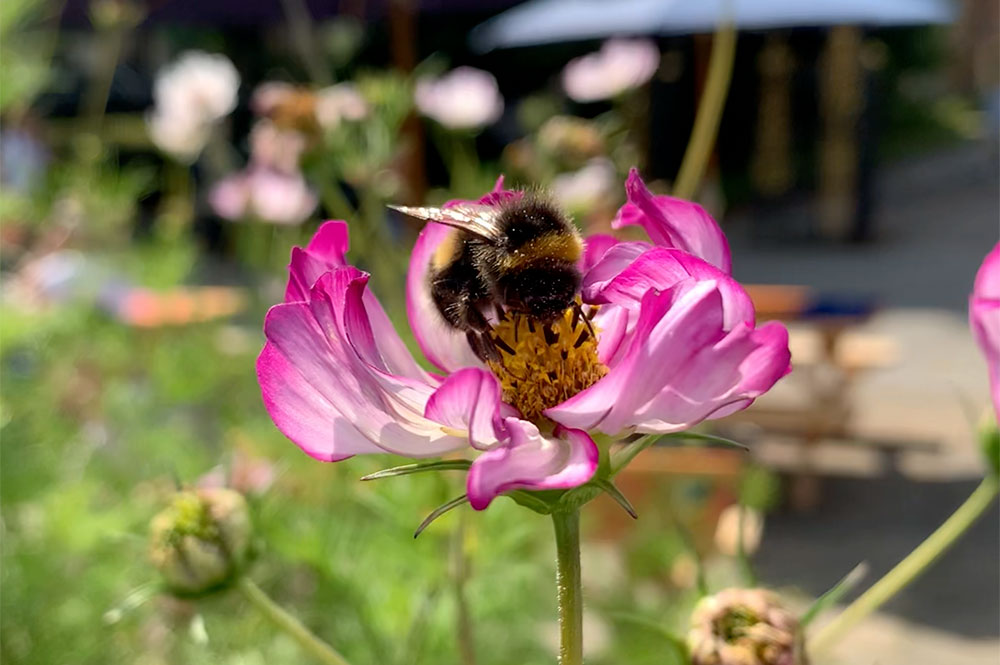Green campaigners are calling on City of York Council to stop using chemicals to kill weeds that also devastate bees and other pollinators.
Tomorrow (Wednesday), a council meeting will discuss a two-year contract for weed maintenance that involves the use of the chemical weed killer glyphosate, known to harm pollinators.
The council recognised the concerns about the environmental impact of glyphosate. It commissioned trials of alternative treatments.
[tptn_list limit=3 daily=1 hour_range=1]
“Based on the local trial, glyphosate has been identified as the most effective chemical treatment currently available,” the council concluded.
York Green Party support assistant Robert Gordon has registered to speak at the meeting.
He said: “We are facing an unprecedented climate and ecological emergency.
“When we choose to use harmful chemicals such as glyphosate to get rid of weeds, we are also killing bees and other pollinators. Without pollinators, we would struggle to maintain a healthy environment or grow food to sustain us.
“Therefore, it is essential that we transition away from the use of glyphosate.”
He is asking the council to work with experts such as the Pesticide Action Network “to develop a plan for our local area to end the use of harmful pesticides”.
Hot foam treatment

City of York Council uses about 460 litres of glyphosate each year to control weeds on the roads and elsewhere. York Green Party councillors argue that this volume could be greatly reduced if a different approach were taken to weed management, such as manual cutting or the application of hot foam.
According to City of York Council: “Hot foam treatment is not widely used across the country due to the risks associated and concerns over how long it would take to treat a city’s road network.
“Applying hot foam to plants will also have environmental impacts, not least the 1,000 litres of hot water used each day. Significant investment would be required in new equipment and training alongside extra staff.”
And “manual weeding was found to require additional staff and significant investment in terms of staff, vehicles and tools”.
Executive member for the environment and climate change Cllr Paula Widdowson said: “We recognise that more could be done to control weed growth in the city, so the initial trial of alternative weed treatments has certainly been very valuable.
“We want to understand the steps we need to take, and this report outlines how we can tackle weed growth in the most sustainable and environmentally friendly way possible, supporting our drive to a cleaner and greener city.”
The report will be taken to an Executive Member for the Environment and Climate Change decision session on Wednesday 12 January at 3pm.
You can read the report here.
